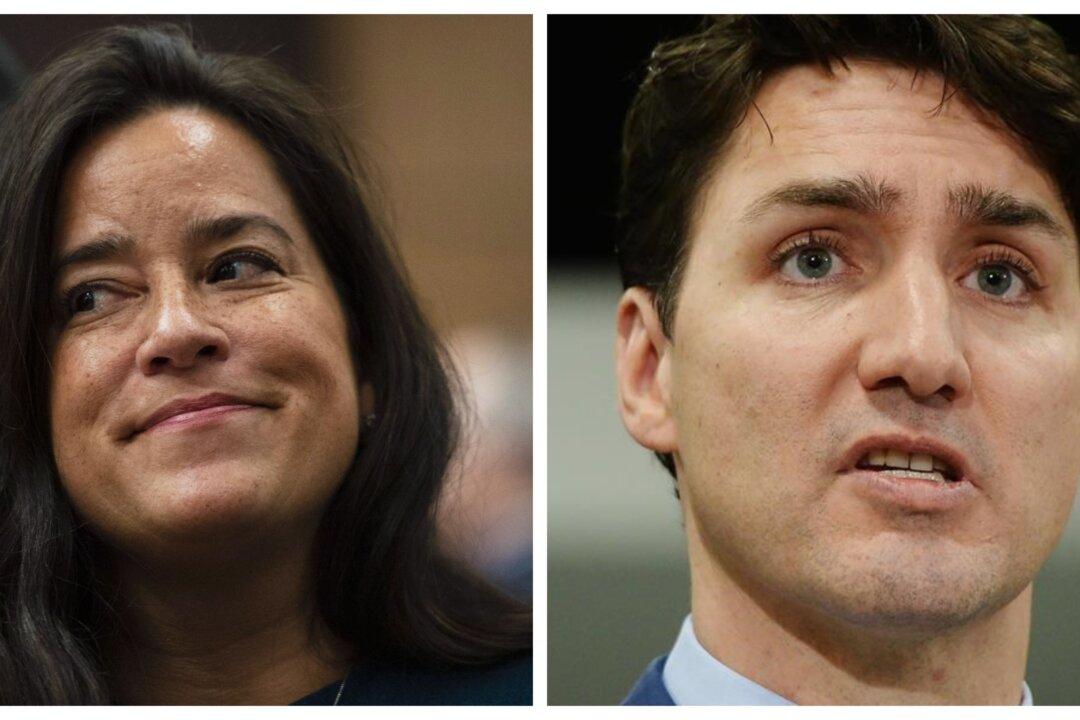News Analysis
Former attorney general and justice minister Jody Wilson-Raybould’s bombshell testimony on Feb. 27 bears greater scrutiny to determine if obstruction of justice on the part of Prime Minister Justin Trudeau and his office took place, according to legal experts.
Thereafter, Conservative Leader Andrew Scheer called for Trudeau’s resignation and a police investigation, and NDP Leader Jagmeet Singh called for further inquiry.
Trudeau’s former top aide Gerald Butts and Clerk of the Privy Council Michael Wernick denied any wrongdoing in their testimonies on March 6. Butts said he didn’t know Wilson-Raybould’s final decision on SNC-Lavalin had been made and that she seemed to be soliciting further advice. He blamed himself for the degeneration in the relationship between her and the prime minister.
Wernick, the country’s top public servant, denied any partisanship and said the decision on SNC-Lavalin was Wilson-Raybould’s and hers alone to make.
Trudeau himself had previously disagreed with the characterization of events that his former justice minister provided. Though Wilson-Raybould didn’t directly accuse anybody of breaking the law, former health minister and Treasury Board president Jane Philpott resigned on March 4 over how the issue was handled. Other Liberal ministers have rallied in support of their leader.
The day after Wilson-Raybould’s testimony, five former attorneys general (four Conservative and one NDP) signed a letter urging the RCMP to investigate her allegations of being pressured and asked to intervene in SNC-Lavalin’s prosecution.The former attorneys general take issue with the “disturbing pattern of events regarding alleged political interference by the Prime Minister’s Office [PMO] and the prime minister himself in an ongoing criminal prosecution.”





